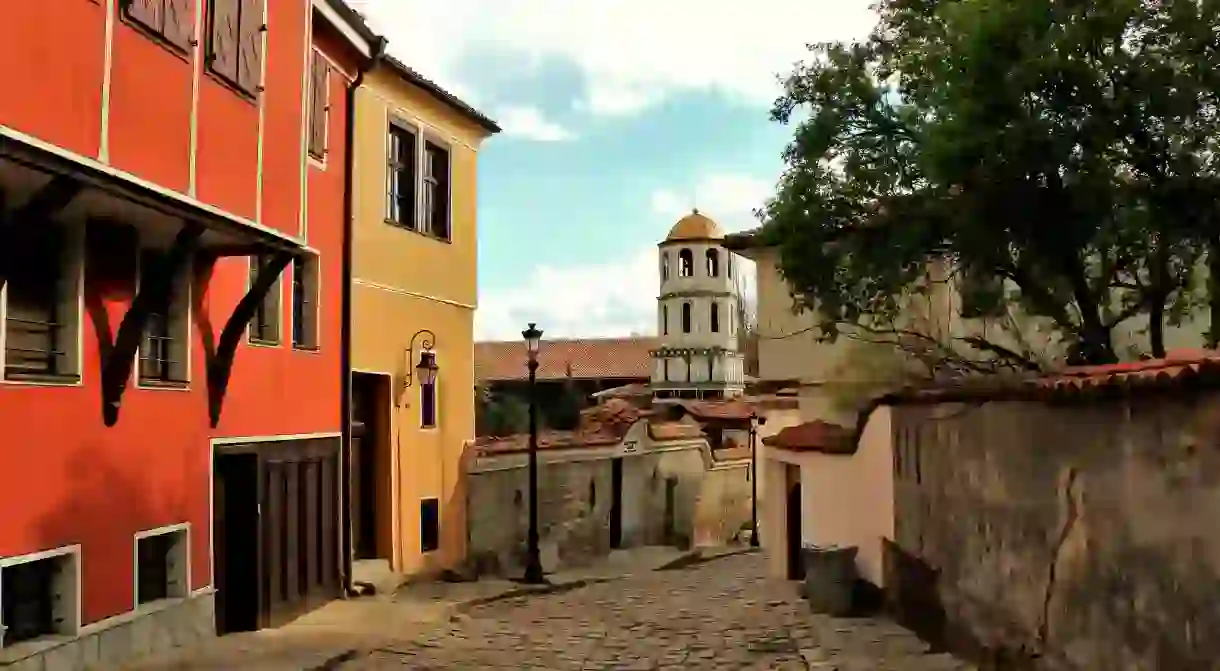7 Things Foreigners Get Wrong About Bulgaria

It’s not easy to understand certain things in Bulgaria – the semi-naked girls who seem to be the most popular singers in the country for example. Here are some of the main points that foreigners often get wrong about Bulgarians – and what the truth behind them really is.
The yes and no
When you spend a little bit of time in Bulgaria, you may notice something strange when talking with people – and it’s not the fact that you don’t speak Bulgarian. Even if you try to use the universal language of signs, mimics and hand gestures, you might end up in a huge misunderstanding over one tiny detail. Bulgarians nod for “no” and shake their heads for “yes”. To make things even worse, now that many Bulgarians travel abroad, some of them have changed this habit and in the end, you can never be sure which answer you get, so you’d better learn the Bulgarian words for them: “da” for “yes”, and “ne” for “no”.
The chalga music
You can’t but notice chalga music in Bulgaria – this is the Oriental-styled genre you will hear with turned up volume from cars, markets, and bars. It usually goes along with the dream of fast cars, high-end mansions, and endless parties, which you can see in the videos of chalga songs. The most noticeable feature of these videos, however, is the scarcity of clothes on the singers, both male and female, as “sex sells” is the main engine of this industry. The lyrics of the songs cover topics such as love, betrayal, revenge, rivalry for the heart of a man, etc.
The food not being served together to all the people on the table
If you dip into the TripAdvisor reviews of Bulgarian restaurants, you will see that even the highest-rated food venues have comments complaining about the different time that food arrives at the table. One person might get their baked fish, while the other will have to wait another 20 minutes to get their salad. Don’t take it to heart – it’s how it’s done all over the country and not a personal attitude to you. Accept it and move on!
Not a Third World country
Do you have electricity? Do I need vaccinations? Every Bulgarian has heard at least one of these questions from a foreigner coming to visit them. Although it’s not a country everyone can point to on the map, Bulgaria will meet your expectations for basic electricity supply, potable water, etc. The big cities look much like what you know from the rest of Europe, save for the old Communist-era buildings.

The salary vs. lifestyle discrepancy
Bulgaria is the poorest country in the EU and many foreigners are surprised when they hear how low the minimum wage is here (230 euros per month as of 2017). It’s even more remarkable that most Bulgarians own an apartment (house) and at least one car, go on vacations, drink in bars with friends, and other activities requiring more money than they make. While everyone has their own ways, you may not know that many Bulgarians have grandparents living in the villages and sending them fresh produce from there, thus significantly reducing their food expenses.
The idleness
Take a walk in the center of any city on a working day and you will see hundreds of people having coffee, talking idly or just enjoying walking back and forth on the main pedestrian area with no visible reason. As this might look like life in idleness, in fact, Bulgarians have another special word for it that has no negative implication: aylyak. It is untranslatable and refers to this feeling of calm and non-urgency that is typical for most people living south and is part of their secret to happiness.

Speaking English
Don’t expect everyone to speak English, especially in small towns and villages. In the Communist era, 1945-1989, students were forced to study Russian and some of them made it to German or French but English was not taught a lot. If you need to ask someone for direction, you’d better try your luck with someone young who may surprise you with a perfect American pronunciation because he or she has spent four summers working in the USA.













